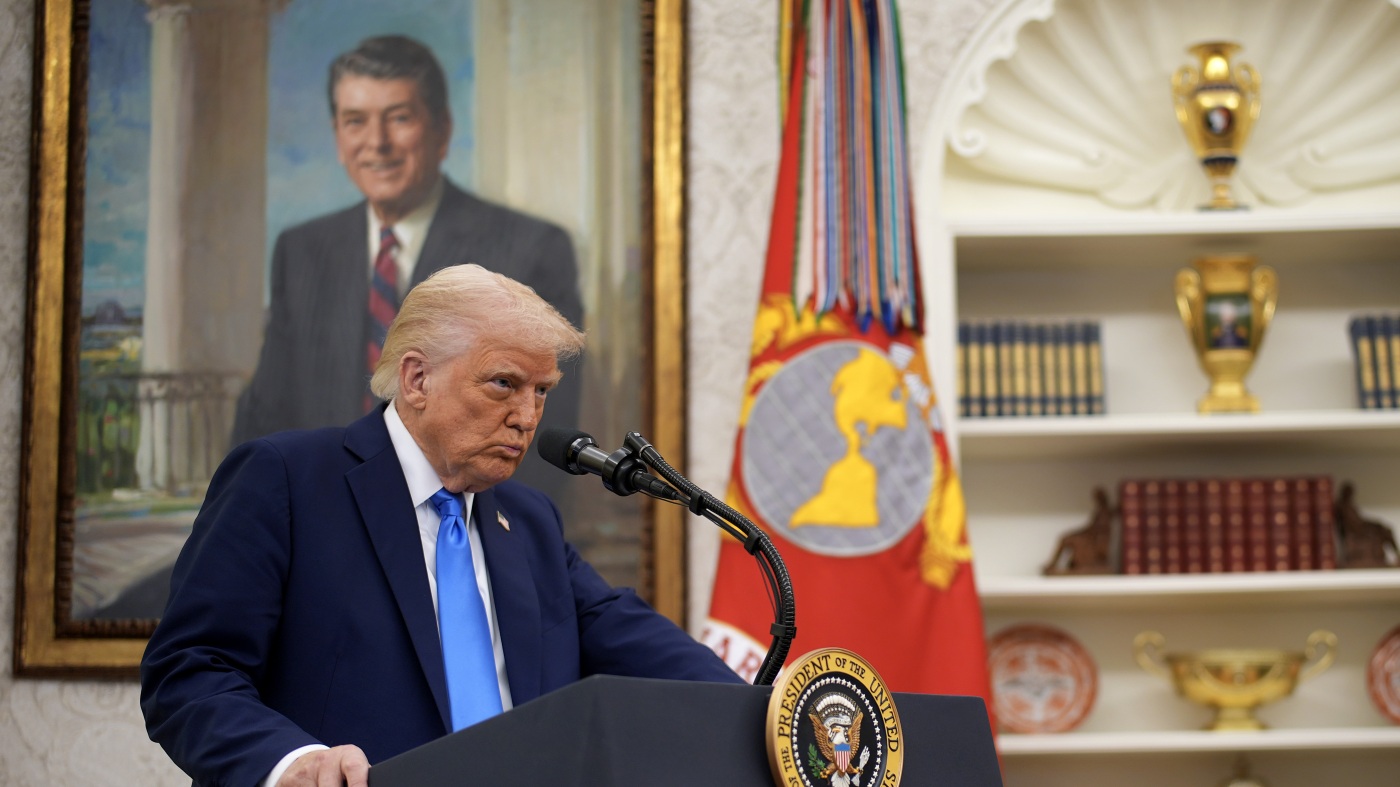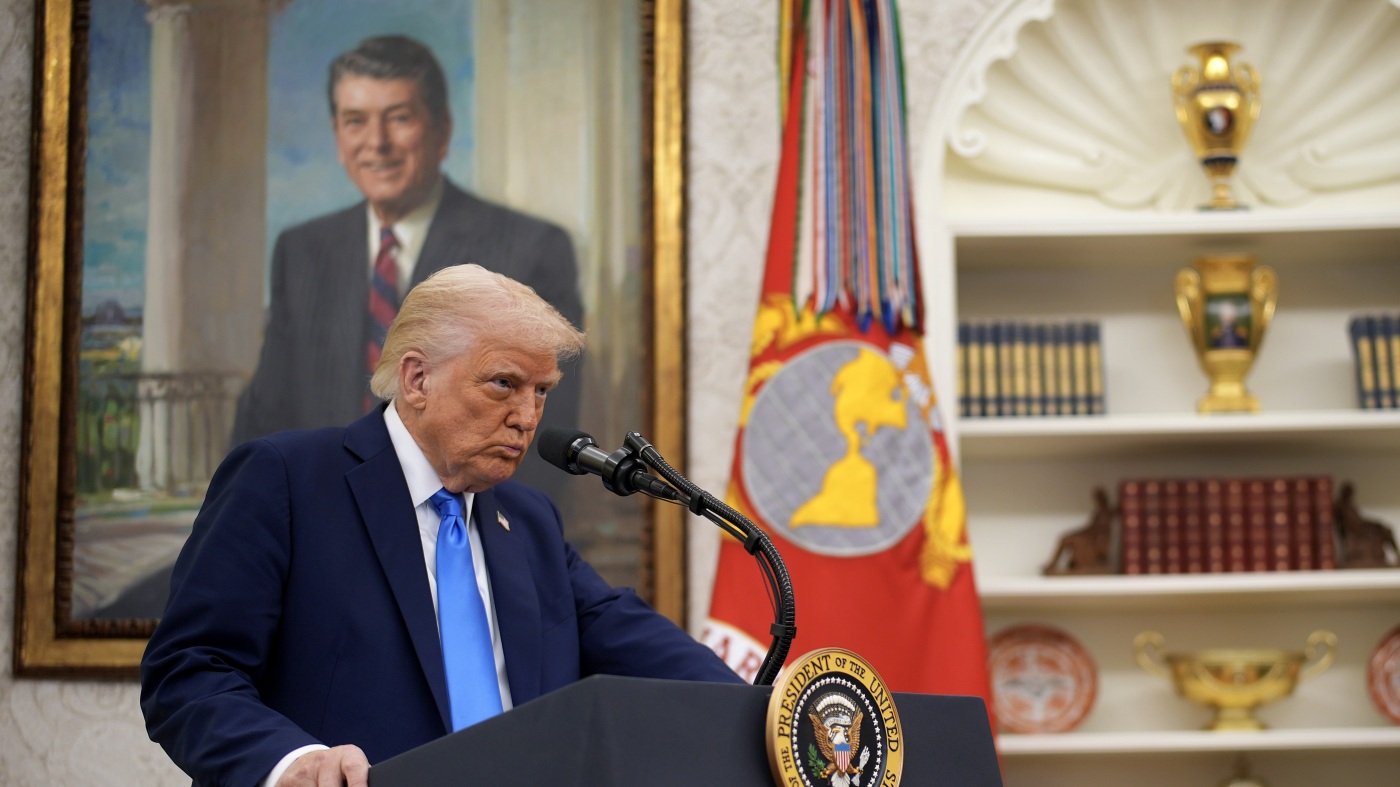The recent judicial pushback against former President Donald Trump’s executive orders targeting prominent law firms, including Susman Godfrey, has underscored a significant legal and constitutional victory. These orders, which critics argued were politically motivated, sought to penalize firms representing clients or causes opposed to the administration’s policies. The judiciary’s consistent rejection of these orders highlights the courts’ role in safeguarding legal independence and constitutional rights.
Background: Executive Orders and Legal Challenges
The executive orders in question were part of a broader strategy by the Trump administration to target law firms perceived as adversarial. Firms such as Susman Godfrey, Perkins Coie, Jenner & Block, and WilmerHale were singled out for their legal work, which included representing clients involved in investigations or lawsuits against the administration. These firms challenged the orders, arguing that they violated constitutional protections against retaliation and due process rights.
The legal battles that followed revealed a pattern of judicial resistance. Courts consistently ruled that the executive orders were unconstitutional, emphasizing that legal representation and advocacy cannot be criminalized or penalized without adherence to constitutional safeguards. The latest ruling, delivered by U.S. District Judge Loren AliKhan, reinforced this trend by striking down the order against Susman Godfrey. This marked the fourth instance where federal judges had blocked similar orders aimed at other law firms.
Judicial Reasoning and Constitutional Protections
The courts’ rulings were rooted in constitutional principles, particularly the First Amendment and due process clauses. Judges found that the executive orders amounted to unconstitutional retaliation, as they sought to punish law firms for their legal work and lawyers’ association choices. The rulings emphasized that the government cannot use its power to retaliate against legal professionals for representing clients or causes that may be politically unpopular.
The decisions also highlighted the judiciary’s role in maintaining the independence of the legal profession. By striking down the orders, the courts sent a clear message that the executive branch cannot use its authority to intimidate or penalize law firms without just cause. This is particularly significant in a political climate where the legal profession often finds itself at odds with government policies.
Broader Implications for the Legal and Political Landscapes
The court victories have broader implications for the legal and political landscapes. They underscore the judiciary’s commitment to upholding the rule of law and protecting the legal profession from political interference. The executive orders exemplified an unprecedented attempt by an administration to use its power to directly impact the legal community, potentially chilling clients and attorneys from engaging in lawful representation without fear of reprisal.
These rulings also serve as a reminder of the importance of judicial independence. The courts’ willingness to challenge executive overreach reinforces the principle of separation of powers, ensuring that no branch of government can act unilaterally without accountability. This is particularly crucial in contentious political times, where the legal system must remain a bastion of fairness and impartiality.
Law Firms’ Strategic Response and Legal Precedents
The law firms targeted by the executive orders adopted a robust, coordinated strategic response. They filed lawsuits to block the orders and actively defended the profession’s integrity. Perkins Coie, Jenner & Block, WilmerHale, and Susman Godfrey each sued to challenge the orders, asserting their rights and setting strong legal precedents in defense of the rule of law.
Their success in court demonstrates effective legal resistance strategies against overreach by measures perceived as politically motivated. These firms serve as models for how targeted legal entities can mount vigorous defenses to protect professional autonomy and client relationships. The rulings also establish a precedent that politically motivated executive actions seeking to punish legal representation will face stringent judicial barriers.
Looking Ahead: Future Legal Battles and Political Repercussions
With four courts now having ruled against separate executive orders targeting law firms, it establishes a solid precedent that politically motivated executive actions seeking to punish legal representation will face stringent judicial barriers. This deters future administrations from replicating similar tactics and affirms the judiciary’s commitment to uphold constitutional protections.
The rulings also place future legal battles about executive overreach in a stronger position, potentially influencing disputes involving professional independence and executive power limits. Politically, these court decisions represent a clear check on efforts to coerce or intimidate the legal system and underscore the importance of judicial independence in contentious political times.
Conclusion: Upholding Legal Independence Through the Courts
The rejection of President Trump’s executive orders targeting Susman Godfrey, alongside prior rulings on similar orders against Perkins Coie, WilmerHale, and Jenner & Block, marks a critical defense of the legal profession’s independence and constitutional rights. Federal judges have sent an unmistakable message: the law protects not just clients or causes, but those who courageously represent them.
These rulings reinforce the judiciary’s vital role in counterbalancing executive power and preserving the rule of law, especially when administration actions verge on punitive retaliation. The ongoing legal triumphs of these elite law firms demonstrate the resilience of constitutional safeguards and serve as a beacon of protection for legal advocacy free from political retribution. The courts’ decisions underscore the importance of judicial independence and the legal profession’s role in upholding democratic principles, ensuring that the rule of law remains a cornerstone of American democracy.








